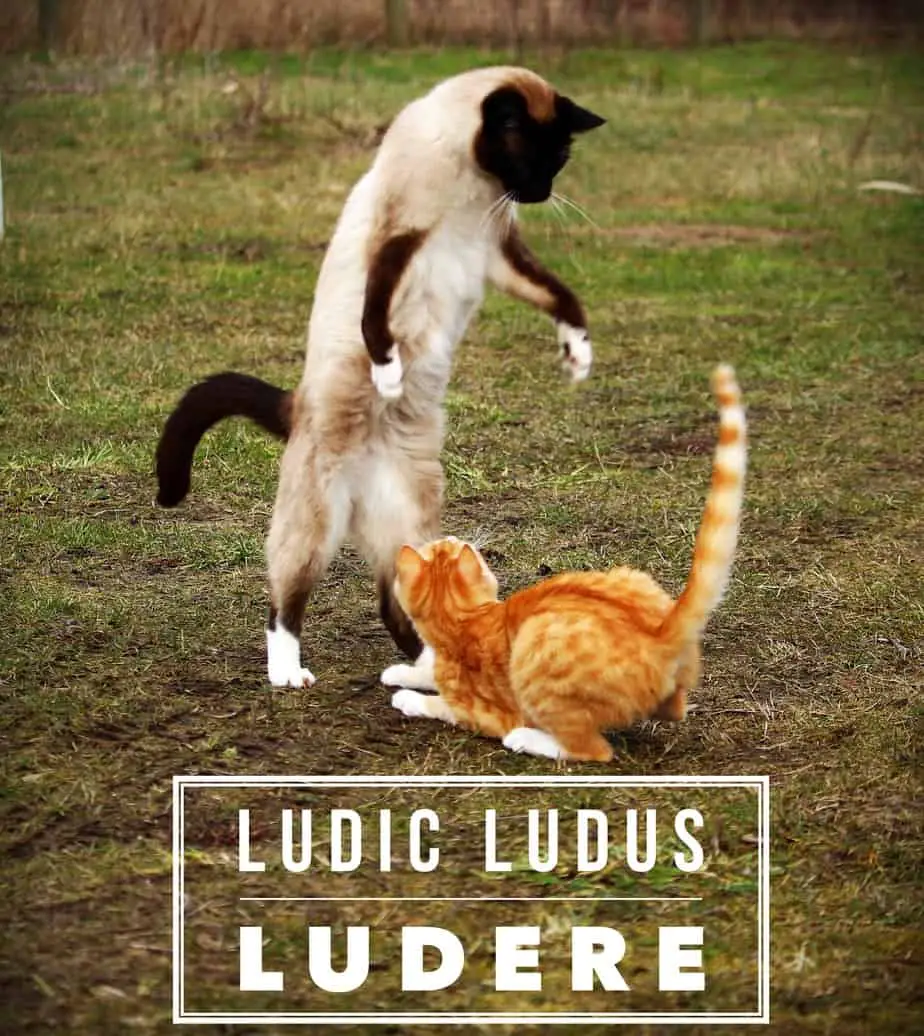‘Ludic’ or ‘absorbed’ reading is a virtually trance-like state in which readers willingly become oblivious to the world around them. The term as used here comes from Hugh Crago and Victor Nell. This is by no means a universal phenomenon — some readers read like this, others can’t.
I have always felt that the art of telling a story consists in so stimulating the listener’s imagination that he drowns himself in his own reveries long before the end.
Henry Miller, The Colossus of Maroussi
For readers with the ability to become so absorbed in a book, aesthetic quality has little to do with enjoyment.
Instead, children’s preferences are more to do with matching the books’ themes to their own particular developmental stage and inner world. (This explains all the parents I saw at the book fair, searching for ‘books about dinosaurs’ and ‘books about diggers’, grabbing everything they could find on the theme rather than looking at what I might call ‘quality’.)
Such matching between reader and book is similar to falling in love.
Texts that have this effect on readers are likely to be read again and again.The reader has to work for this — it’s not something that a book can one-sidedly do alone.
Ludic on its own means ‘showing spontaneous and undirected playfulness‘. (From Latin, related to ludere, ‘to play’ and ludus, ‘sport’.)

